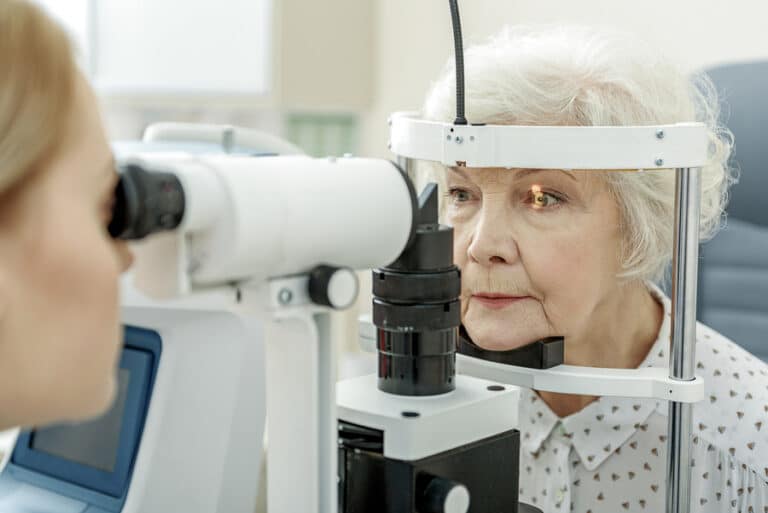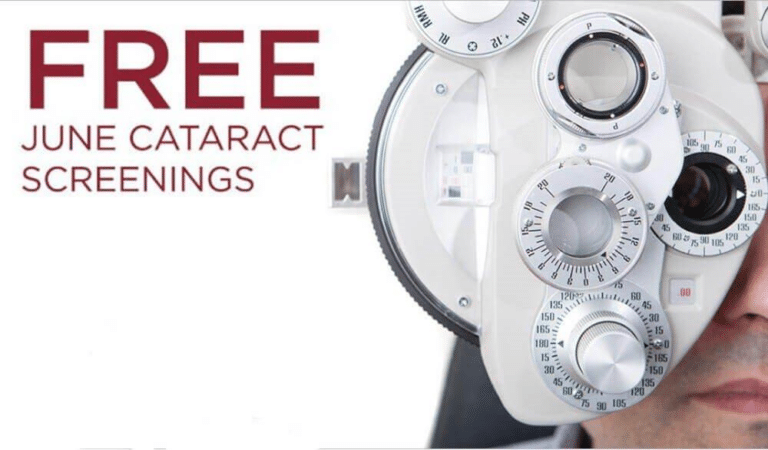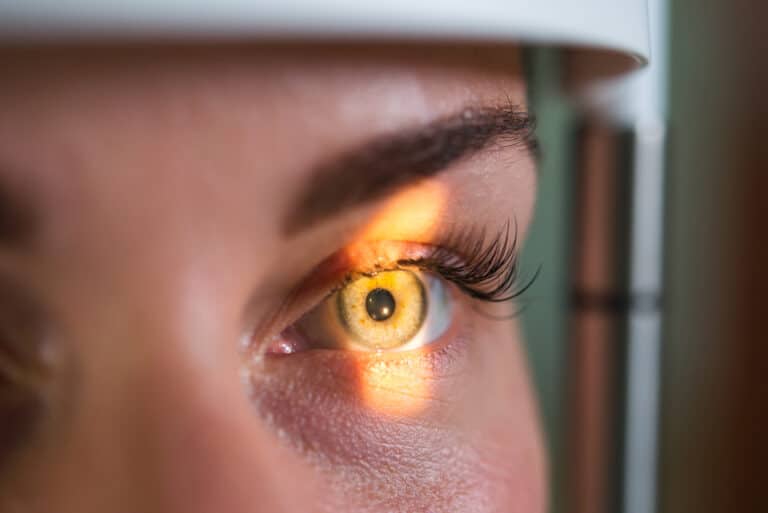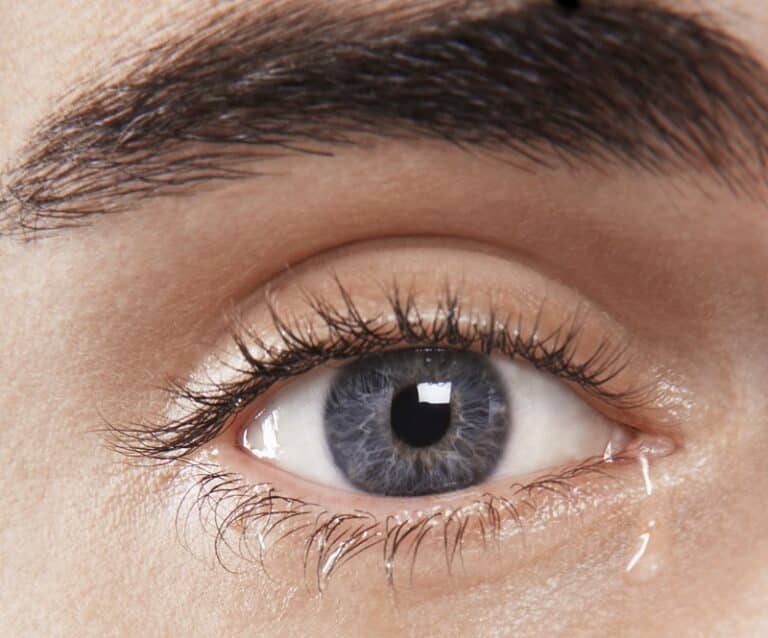How is Cataract Surgery Done?
If you have noticed that your vision has become blurry, colors seem faded, and you struggle with glare, especially at night? These are symptoms of cataracts, a common condition affecting most people over the age of 60. While cataracts affect everyone differently, many people will eventually need cataract surgery to restore their vision.
What are Cataracts?
The clear lens of your eye is made of proteins that, as you age, can break down and start to clump together. This process causes the lens to become cloudy, affecting your vision in several ways. For some people, the most bothersome symptom is glare, which makes driving at night difficult. For others, it is the loss of color, blurriness, or other symptoms. There is no treatment that will reverse these age-related changes, but cataract surgery can correct the condition.
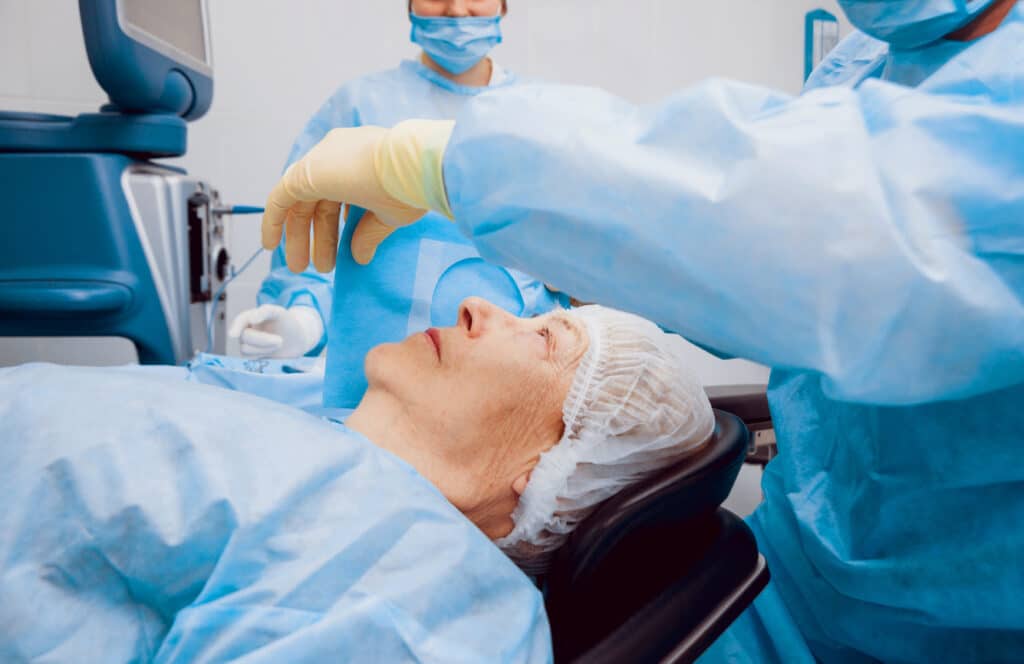
Do I Need Cataract Surgery?
Not everyone with cataracts requires surgery. Many people see better with new glasses and remain happy with these results for many years. Each person’s cataracts affect them differently and progress at a different rate. If your cataracts are an annoyance but do not affect your lifestyle, you may not need a procedure. If your cataracts are holding you back or affecting your ability to enjoy life, you might be an excellent candidate for eye surgery.
How is Cataract Surgery Done?
Since no treatment can un-cloud your lens, cataract surgery replaces it with an artificial one. This procedure is a form of clear lens exchange (CLE), also known as lens replacement surgery. Vold Vision offers several types of replacement lenses to find one that fits your needs and goals. They can correct different types of refractive errors and provide a range of benefits.
The procedure uses either a special blade or a laser to open the capsule containing your cloudy lens. The lens is gently broken up and removed, and the new lens is placed in the capsule. The tiny incision heals rapidly without sutures, and you cannot see or feel the new lens once in place. We will numb your eyes and use IV medication to keep you comfortable throughout the procedure, which only takes about five minutes per eye. You will need someone to drive you home but should be driving for yourself within the next day or two.
What is Recovery Like After Cataract Surgery?
Most people recover rapidly after this procedure. People often see immediate relief from cataract symptoms. You can resume most of your usual activities after 24 hours and drive within a day or two. Avoid rubbing your eyes for the first few days and wait one week to go swimming, wear eye makeup, or play contact sports. Follow all the aftercare instructions, including eye drops, provided by your Vold Vision team.
Request a Consultation
We’d love to help you get all the information you need in order to make the best choice for your eyes. Request a consultation today! Our staff is available and happy to answer your every question.
What Results Will I See After Cataract Surgery?
Many people report that they can see more clearly immediately after the procedure. Vision improves rapidly during the first few days, although you may notice minor changes as it stabilizes over time. You will notice an improvement in your cataract symptoms immediately.
Your new lens is designed to last a lifetime, and you will never need to replace it. Unlike your natural lens, this new one will not form cataracts. It will also never develop presbyopia, another age-related vision change that causes problems with seeing things up close. Replacement lenses can also correct refractive errors like nearsightedness to improve your vision even more.
Am I a Good Candidate for Cataract Surgery?
Since cataracts affect so many people, this type of eye surgery is very common. Most people are good candidates, although those with certain eye conditions should not have the procedure. Only proper diagnosis and assessment can determine whether CLE is safe for you.
Good candidates have reasonable expectations and understand the risks and benefits of the procedure. You may also be a candidate for CLE if you want to correct refractive errors and prevent cataracts from forming in the future. This form of refractive lens exchange has become more popular with the development of innovative artificial lenses that can dramatically improve your vision with lasting results.
Take the Next Step
You’ll benefit not only from the latest technologies available but also from our compassionate, personal approach. You’re more than a patient at Vold Vision in Bentonville and Fayetteville. We strive to make you as comfortable as possible while evaluating the optimal treatment plan just for you. We invite Fayetteville, Rogers, Bentonville, and Springdale residents to contact us today for a consultation at (479) 442-8653.

